QuestionHi, I have adopted a thoroughbred gelding who was a rescue horse. We know little of his background other than he was bred as a race horse and it seems that he was left in a paddock after breaking. He was rescued from a dogger by the young lady who gave him to me.He was in an APPALLING condition at this time - literally a skeleton! She put a lot of love and care into his early feeding and I have taken over from there. When he first came to me he always seemed to be leaning to his left and could not turn his head to the right at all. We felt that this may have been soreness from a long float ride. Since then he has put on weight and condition and we are now giving him some very light work. I have noticed that he seems to be VERY uncoordinated and even has trouble in working out whereto put his feet when he gets up. Initially we thought it might be because of a lack of muscle tone - but he has good tone now.
I am wondering if he may have an intellectual deficit or perhaps has suffered a brain injury as we often observe his difficulties with cross body movements. How might I be able to tell if he has an impairment - and do you have any suggestions as to things I could do to help him overcome this? (games of feed suppliments etc that may help stimulate his brain??)
Thanks
Cheryl-anne
AnswerHi Cheryl-anne,
Thank you for your question. It is difficult to say what exactly may be wrong with your horse without a veterinary diagnosis. From your description of the condition, and of your horse's background, it is possible that your horse has developed wobbler's disease or syndrome. Wobbler's syndrome is kind of a general term like colic that involves a condition with the cervical vertebrae, and that can be caused by a variety of influences. Horses with Wobbler's will exhibit an unsteady stance or gait, lack coordination, have difficulty maintaining their balance when turned it tight circles and often exhibit hind end weakness (which could in turn create a problem when standing up from a lying position). The changes or irregularities of the cervical vertebrae that cause the syndrome can be genetic, injury induced or nutritionally induced. Given your horse's condition it's safe to say that he did not grow up on a balanced plane of nutrition and as a result suffered nutritional deficiencies. Nutritional deficiencies of the growing horse, particularly mineral shortages and inbalances, can affect bone and joint development including that of the spine. Poor spinal development is a key factor in the onset of Wobbler's syndrome in horses as it affects the integrity of the cervical vertebrae, and is considered a developmental orthopaedic disorder. In short...poor nutrition in the growing horse can = Wobbler's.
Unfortunately, once the damage is done it can not be corrected nutritionally. Growing horses have a limited window of opportunity to influence bone and joint development and that time has probably passed in your horse's case. Again, it is impossible to say for sure if this is the case with your horse without having a vet examine him...which I would suggest you do. Wobbler's can be degenerative and become worse over time, and the ataxia that he suffers can make him increasingly dangerous to ride. Despite his best efforts he may not be able to balance himself and a rider.
I hope this helps, although I'm not sure it is what you were hoping to hear.
Regards, Corlena

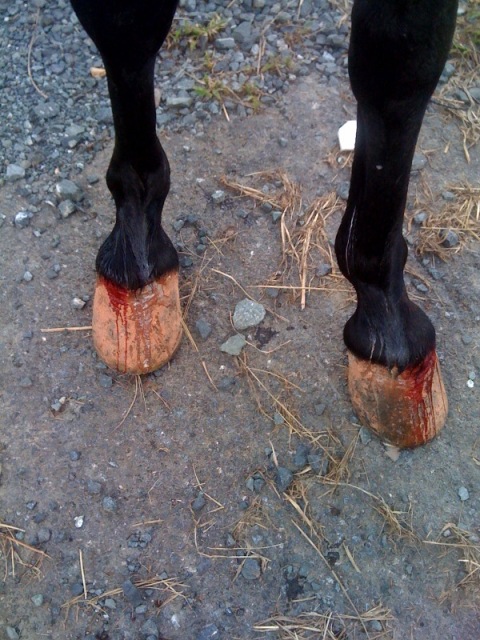 bleeding hooves
Question
bleeding
hi corlena! I have attached a photo s
bleeding hooves
Question
bleeding
hi corlena! I have attached a photo s
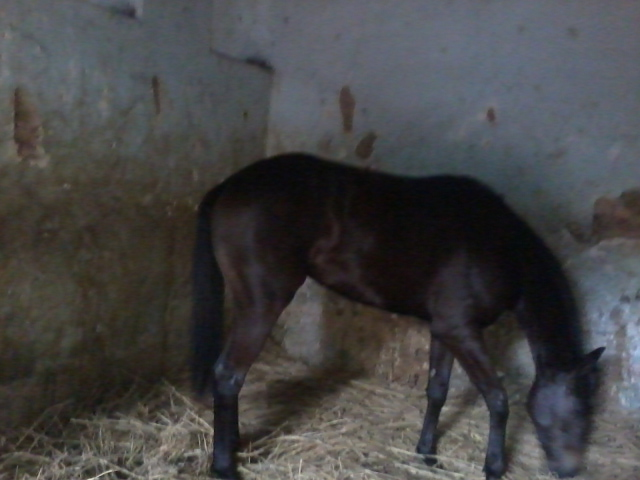 raw milk for under developed baby horses
Question
under developed
hello maam. top trainer
raw milk for under developed baby horses
Question
under developed
hello maam. top trainer
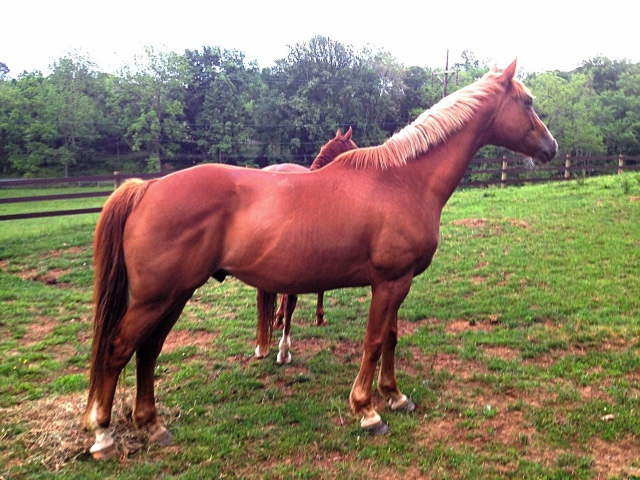 HELP WITH MY HORSE UCLERS PLEASE!!!
Question
Prince Charlie Horse
Hello! I am trying
HELP WITH MY HORSE UCLERS PLEASE!!!
Question
Prince Charlie Horse
Hello! I am trying
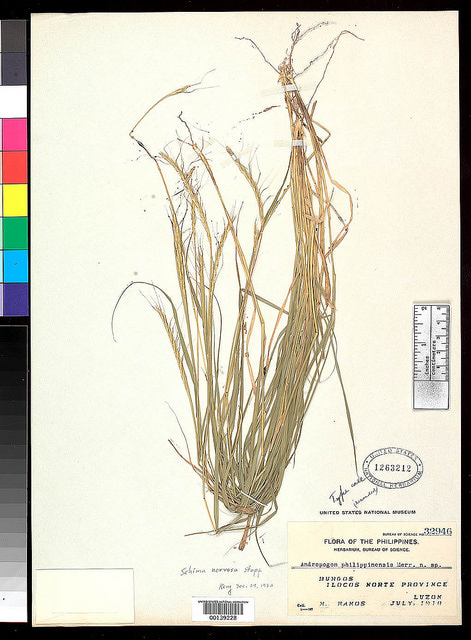 sehima nervosum hay for our horses - free choice
Question
sehima sehima 1
hi maam. present
sehima nervosum hay for our horses - free choice
Question
sehima sehima 1
hi maam. present
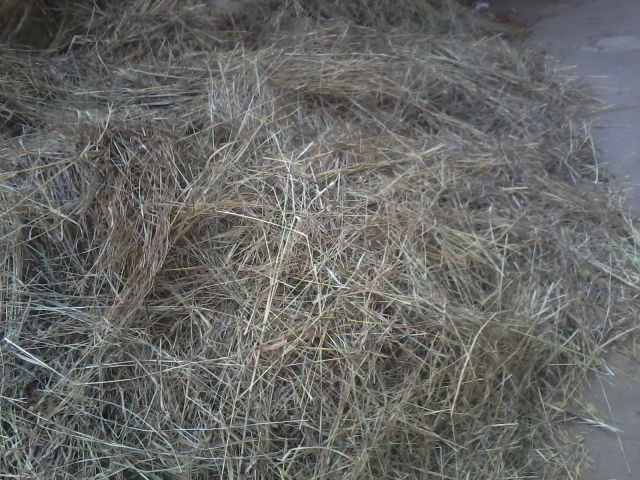 clover hay good in fiber or not
Question
kancha hay
hello maam. is clover hay ri
clover hay good in fiber or not
Question
kancha hay
hello maam. is clover hay ri